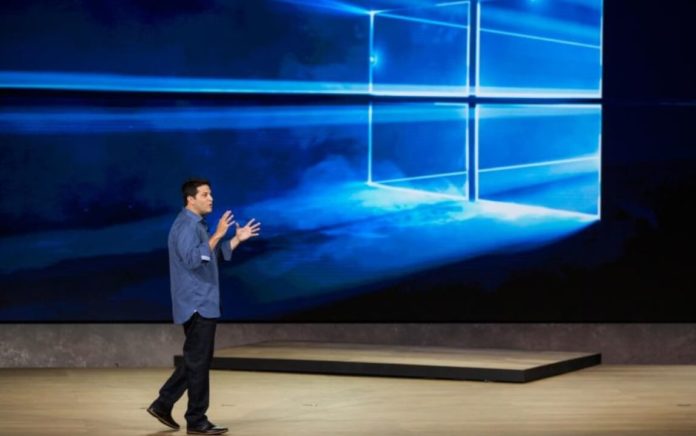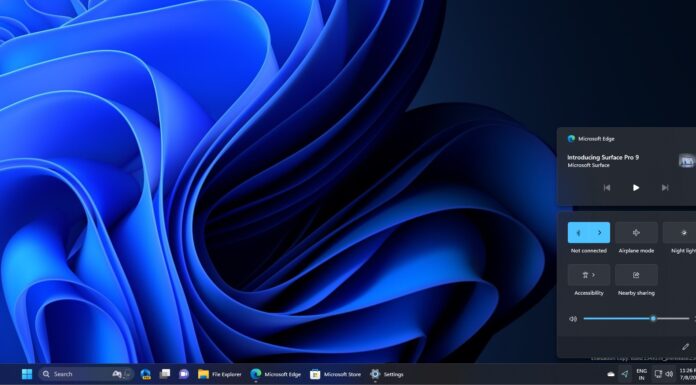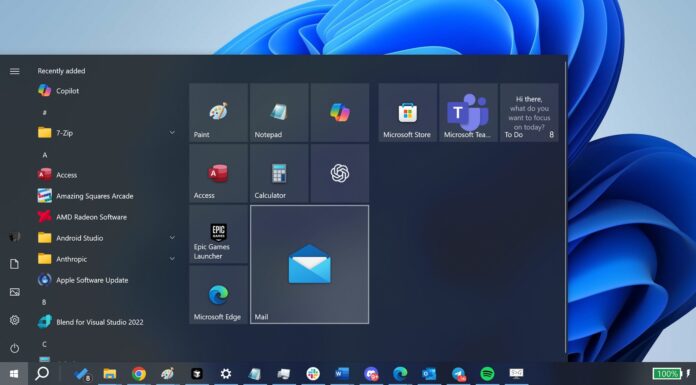Microsoft is reportedly working on a next-generation operating system with a strong focus on biometric security. It appears that Synaptics and AMD are working with Microsoft on this platform, and it could be a new Azure Sphere OS.
The next-generation OS is being referred to as “Microsoft’s forthcoming biometric security OS including Windows Hello” in a press announcement.
According to the press release, it would bring us “a new industry benchmark in highly-secure biometric fingerprint authentication for enterprise/commercial and consumer notebook PCs based on next-generation AMD Ryzen Mobile platform and Microsoft’s next-generation operating system.”
It’s worth noting that Microsoft hasn’t confirmed anything yet and we have no idea about exactly what the next-generation operating system from Microsoft is supposed to be. What’s more important to know is that Microsoft is actively involved in the development of projects that are not related to Windows 10.
The Redmond-based tech giant is working on several projects in this regard and if the reports are believed to be true, the next-generation OS could be Polaris that is part of the rumoured Windows Core OS. Polaris is a composer for desktops and it was supposed to allow Win32 applications through virtualization.
Windows Core OS and Polaris
Windows Core OS is Microsoft’s long rumoured modular platform for foldable smartphone and new form factor devices. Windows Core OS is a modular version of Windows 10 and it could be crafted specifically for devices without much effort. It could allow devices to shift between UIs depending on their usage at the time.
Windows Core OS contains “composers.” Andromeda is a composer for mobile devices and Polaris is aimed at traditional Windows PCs. Polaris is supposed to remove all of the legacy elements and it would be limited to Microsoft Store apps but the users will be allowed to run Win32 applications through virtualization.
Microsoft would be stripping out the legacy components to make Windows operating system more modern, modular and compatible with new form factors. It’s worth noting that Polaris will offer improved security and it should operate faster, especially on lower-end devices.


























